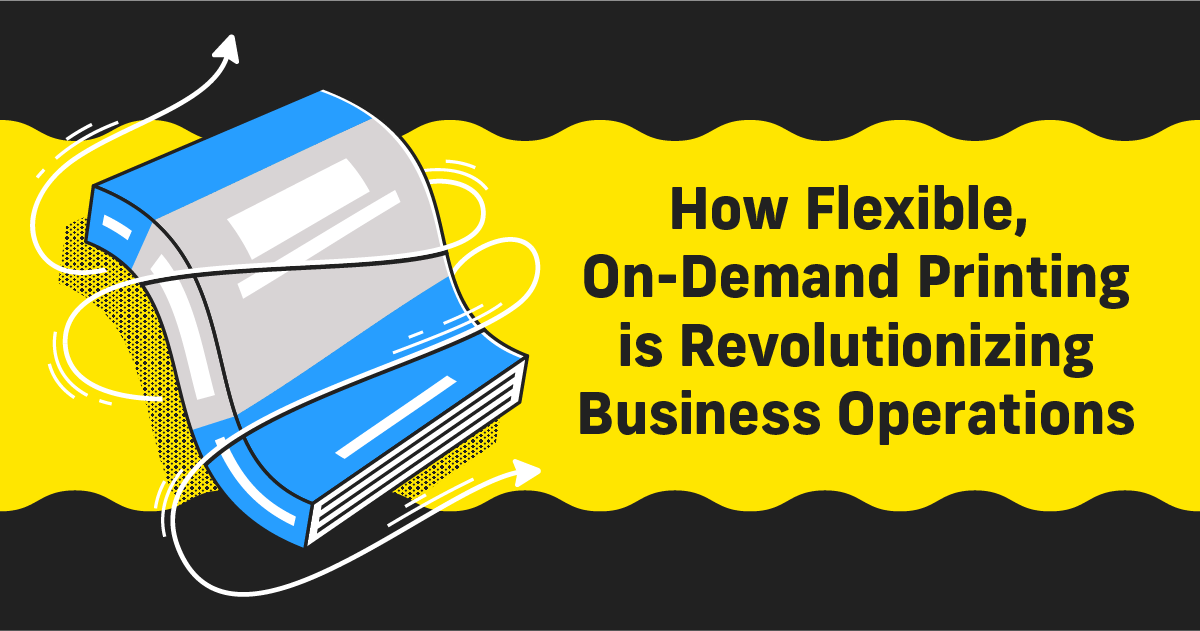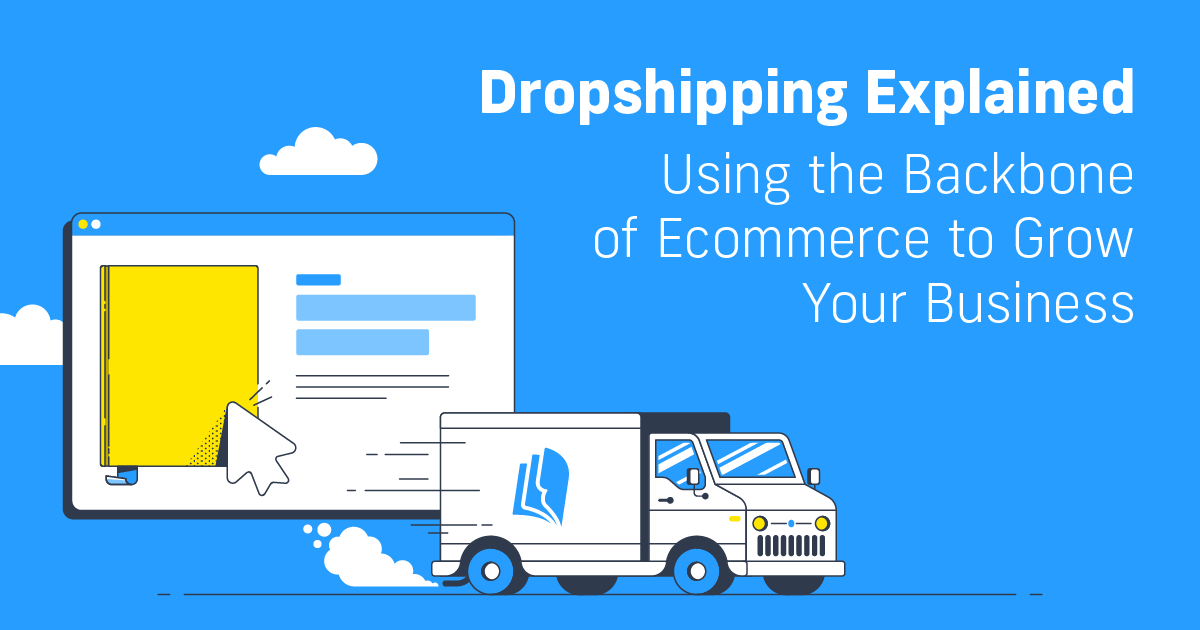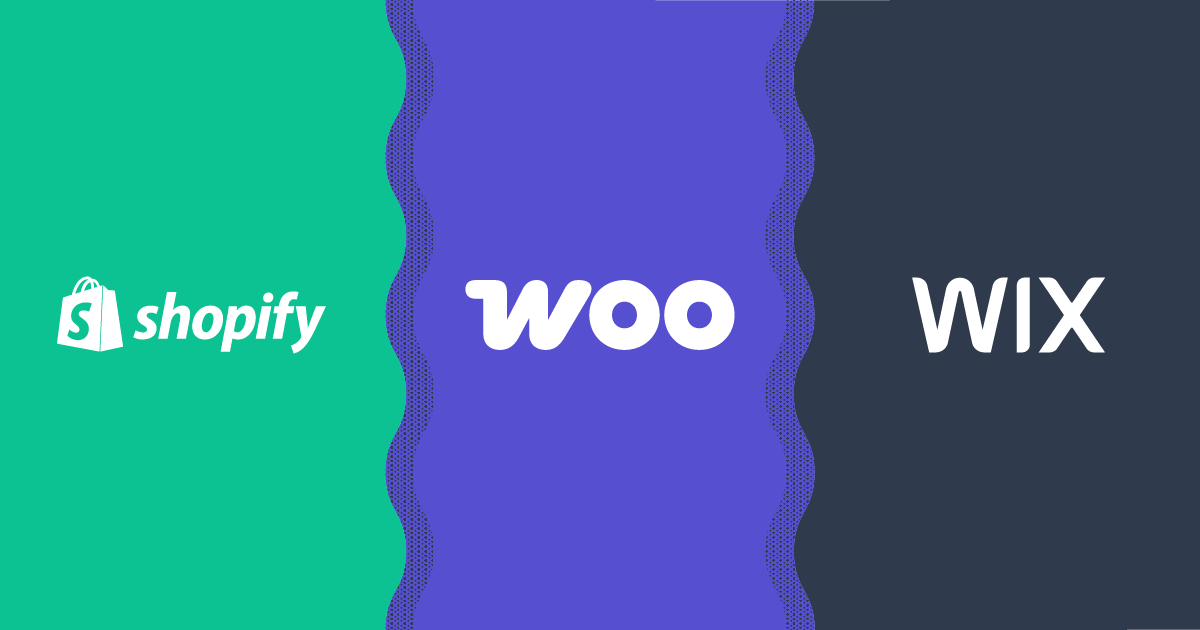How Flexible, On-Demand Book Printing is Revolutionizing Business Operations
The modern business environment demands more than just innovative products or services—it requires agility, efficiency, and personalization at every stage.
At least, that's what ChatGPT said when I asked why flexible, on-demand printing might be an important aspect of many businesses. Mediocre phrasing aside, the AI is pretty much on point. Businesses have always needed to be agile and efficient, so we can set those aside.
But it's personalization that really makes on-demand product manufacturing vital.
This is the Lulu blog, so I'm going to look at books, but on-demand, personalized products are incredibly popular right now. If your business offers any kind of printed book, manual, planner, workbook, you're in the right place.
What is On-Demand Printing?
On-demand printing is a flexible system that produces individual products to order. That means you can provide the interior and cover file PDFs for your book and print one single copy. Unlike traditional offset printing, print-on-demand removes the hassle of storing inventory and eliminates upfront costs, offering a highly efficient and cost-effective solution for book printing.
Lulu offers a variety of on-demand printing options for your books. On lulu.com, you can create a free account, upload your book’s interior PDF, upload or create a cover, and print a copy in minutes. We also make it easy to sell your books in our bookstore, distribute your books to retailers, and sell directly from your own website with popular ecommerce platforms.
Finally, our free Print API is the perfect tool for businesses large and small to print one-off, customizable books. I'll get into some different ways businesses make use of Lulu's API, but first let's cover the top three reasons businesses use print-on-demand for their books:
- Cost Efficiency – No large inventory means no wasted stock or storage costs. Plus shipping costs are passed directly to your customers.
- Customization – Each print run can be tailored for individual customers or needs—ideal for all kinds of books, manuals, guides, workbooks, and more.
- Sustainability – Lulu is a B Corp certified business. We only print what you need, making us an eco-friendly option for your business.
The Business Benefits of On-Demand Printing
Before we dive into this next section, take a second and think about what kinds of books you could print. Does your business offer a service like coaching or public speaking? Turn that into a book and sell it. Do you sell a product that requires a manual? Print them as needed and update them so they're always accurate. Is teaching your thing? Workbooks, guided journals, customized study guides for your courses—all easily updated.
I could go on. But let's break it down by the business reasons to use print-on-demand instead of bulk or offset printing for your book.
Marketing & Branding Opportunities
For marketing professionals, print materials that resonate with your brand identity are invaluable. On-demand printing provides the tools to create visually stunning, hyper-personalized content such as brochures, catalogs, and branded merchandise.
But campaigns end. Logos change. Printing off large runs of any printed products is a risk. If you don't go through all of them, you're stuck with outdated books to store. And you've spent money you didn't have to.
Offering Custom & Niche Content
Custom publishing is essential if your business offers niche content, such as training guides, proprietary research studies, or personalized books. There are many variations of the business model that offers to compile your pictures or writing to create personalized books.
Likewise, health, diet, and fitness businesses can offer personalized workbooks or planners to help your customers meet their goals.
In 2024, Forbes surveyed consumers and found 81% said they preferred personalized content and products. 81%! And with Lulu's API connection, you'll have the ability to offer unique customizations for every single book you sell, based on inputs from your customer or designs you provide.
Supply Chain Management Simplification
By integrating on-demand printing into your supply chain, you can only create the books you need—when and where you need them. Lulu handles the international fulfillment for your products too, letting you focus on growing your business while all of the logistics are handled automatically.
This approach drastically reduces overhead and prevents overproduction, saving you money and making it easier to control your business.
Key Capabilities of Lulu's Print API
- Print Custom Manuals & Guides – Quickly develop and ship materials to employees or clients without handling logistics.
- Create Personalized Content – Offer your customers personalization for their books, planners, guides, and albums.
- Localized Content – Print region-specific materials to address unique market requirements without additional storage.
- Inventory-Free Operations – Reduce costs by eliminating the need for physical warehousing altogether.
How Does On-Demand Printing Work For Your Business?
The simplicity of on-demand printing technology makes it accessible even if you only have limited developer knowledge or a small team. Start with our free developer documentation to learn more about using the API.
Our dedicated team can help you start the integration process and provide support while you test the connection.
For a quick (non-technical) rundown of the process, you can think about integrating Lulu's print API in three steps:
Step 1: Integration
Start by integrating Lulu's customizable print-on-demand API into your existing site through whatever development process you use. The best place to start is with this short integration guide that details creating your account, setting up a sandbox environment, accessing your dashboard to track orders, and how file storage and access is managed.
You'll want to reference our pricing calculator to determine printing and shipping costs, and to find your unique product SKUs.
Step 2: Customization
This is the part that happens on your end entirely. Because you'll be able to supply a unique file for each and every book you want printed, you can make customizations easily available for your customers.
You'll create that process on your site, collecting images, data, and whatever else you need for the custom options you offer. Once your customer has input all of their choices and uploaded their files, you'll compile those and send the PDF (made to our print specifications) through the API connection to Lulu for printing.
Step 3: Testing
Once the API is integrated with your website or application, you need to test it by ordering a printed copy or two. This allows you to trial the printing and fulfillment process, understand how the book will look when it gets to your customers, and learn the timeline necessary for custom printing.
Testing the connection and the print quality is crucial. Once you've got your system up and running, the entire checkout, production, and fulfillment process will be automated. So you need to look at your final product now and ensure you're happy with it before you start marketing and driving sales.
Why Flexible Printing Fits the Future of Business
The adaptability, cost-effectiveness, and sustainable benefits of on-demand printing align perfectly with the modern challenges facing organizations today.
Okay, ChatGPT wrote that one too. I asked it to summarize what I had written and again, I think it did a pretty good job. The one thing it missed is the importance of on-demand printing for new, niche, and emerging industries.
There are lots of applications for large businesses to use print-on-demand as a cost saver. Any appliance, car, boat, or pricey piece of technology can benefit from a printed manual. The same goes for fitness tools or plans. These businesses are using on-demand production as a cost and time saver.
But there's a whole different kind of business cropping up that doesn't just leverage print-on-demand; it completely relies on it. These companies offer personalized memory books, AI-generated (but still personalized) books for fun, and timely content that is regularly updated, and they all need print-on-demand to operate.
Whether you’re optimizing your supply chain or creating personalized marketing materials, flexible printing is no longer a luxury; it’s a must. And thanks to the incredible flexibility of Lulu's API connection, businesses that didn't even exist a few years ago can find cost effective ways to offer new, unique book products.

Your Free Lulu Account
Create a Lulu Account today to print and publish your book for readers all around the world




